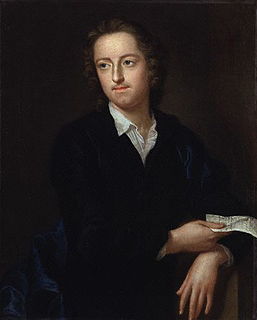A Quote by Thomas Gray
Commerce changes entirely the fate and genius of nations, by communicating arts and opinions, circulating money, and introducing the materials of luxury; she first opens and polishes the mind, then corrupts and enervates both that and the body.
Related Quotes
The arts and sciences, in general, during the three or four last centuries, have had a regular course of progressive improvement. The inventions in mechanic arts, the discoveries in natural philosophy, navigation and commerce, and the advancement of civilization and humanity, have occasioned changes in the condition of the world and the human character which would have astonished the most refined nations of antiquity. A continuation of similar exertions is everyday rendering Europe more and more like one community, or single family.
From the accession of Henry the Seventh to the breaking out of the civil wars, England enjoyed much greater exemption from war, foreign and domestic, than for a long period before, and during the controversy between the houses of York and Lancaster. These years of peace were favorable to commerce and the arts. Commerce and the arts augmented general and individual knowledge; and knowledge is the only fountain, both of the love and the principles of human liberty.
There are three types of disease: body disease, mind disease, and nervous system disease. When the mind is diseased, the whole body is diseased. The yoga scriptures say “Manayeva manu ? ? kara a bandha mok ayo (this verse may be transliterated incorrectly),” the mind is the cause of both bondage and liberation. If the mind is sick and sad, the whole body gets sick, and all is finished. So first you must give medicine to the mind. Mind medicine: that is yoga.
For the power given to Congress by the Constitution does not extend to the internal regulation of the commerce of a State (that is to say, of the commerce between citizen and citizen,) which remain exclusively with its own legislature; but to its external commerce only, that is to say, its commerce with another State, or with foreign nations, or with the Indian tribes.
The body, the mind, and the spirit don't form a pyramid, they form a circle. Each of them runs into the other two. The body isn't below the mind and the spirit; from the point of view it's between them. if you reside too much in the mind, then you get too abstract and cut off from the world. You long for the spiritual life, but you can't get to it, and you fall into despair. The exercise of the senses frees you from abstraction and opens the way to transcendence.





































